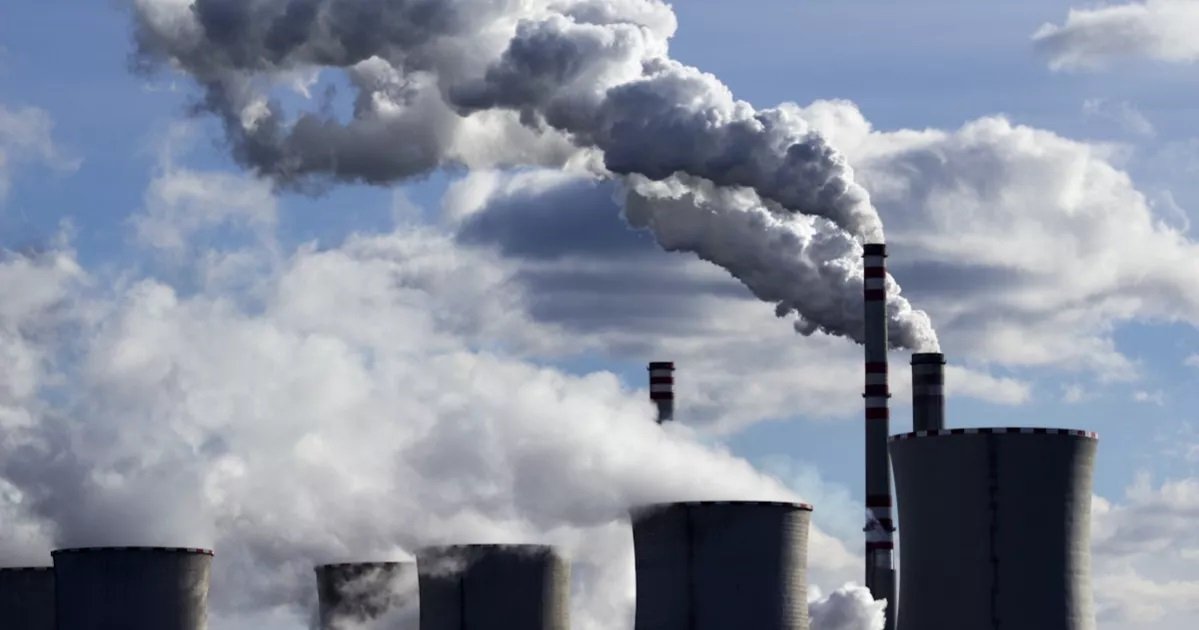New, revived fossil fuel projects to heighten Bangladesh’s economic woes

Moves taken over the past year since the incumbent government assumed power to launch new fossil fuel projects or revive scrapped ones threaten to worsen Bangladesh’s economic woes, said energy experts.
Two of the moves involved liquefied natural gas import, though energy experts warned about it increasing expenses in the energy sector, which is highly subsidised.
The latest move regarding LNG supply took place during the recent visit of chief adviser Prof Muhammad Yunus to Malaysia where a memorandum of understanding was signed over the supply of LNG and petroleum products and building their infrastructures.
In January, Bangladesh Investment Development Authority (BIDA) signed a non-binding deal with the US-based Argent LNG to purchase five million tonnes of LNG annually.
In a bid to facilitate LNG use, the government waived 15 per cent VAT on LNG imports in the budget for the financial year of 2025-26, potentially reducing its revenue income by more than Tk 5,000 crore, considering last year’s VAT income from LNG imports.
“Can Bangladesh afford more LNG imports? No, it cannot,” said Hasan Mehedi, member secretary of Bangladesh Working Group on Ecology and Development.
Bangladesh slipped into its worst economic crisis in decades in 2021, three years after it started importing LNG to make up for depleting local gas production. LNG imported through long-term deals and spot market purchases is meeting roughly a fourth of all gas demand. Blended with locally produced gas, LNG is supplied through the national grid at a subsidised price.
The import of LNG put so much financial burden on Petrobangla that it proposed early this year that the gas price should be increased by 152 per cent in one go for industries, drawing scathing criticism from business communities.
The price was increased by 33 per cent in April.
Some industries suffered up to a 179 per cent gas price increase in January 2023 as energy bills frequently went up to reduce the mounting deficit, which Petrobangla forecasts to exceed Tk 22,000 crore in the ongoing financial year.
In the last financial year, the BWGED said, the cost of a unit of LNG was Tk 75.72. The average production cost of the same amount of locally extracted natural gas was a little over Tk 5.
But the selling price of a unit of gas to power producers, who consume half of all gas used annually, is Tk 14. Domestic consumers pay even less.
About half of Bangladesh’s gas-based power generation capacity remains idle due to fuel shortages. The fuel shortage reflects Bangladesh’s poor import capacity following a rapid decline in the dollar reserve since LNG import started.
Shafiqul Alam, lead energy analyst at the Institute for Energy Economics and Financial Analysis, said that Bangladesh imported around 1,511Bcf of LNG between August 2018 and July 2025, spending more than US$17.6 billion.
Bangladesh’s average LNG import cost has been US$12 per MMBtu, he said.
Bangladesh currently has 1,100mmcfd of LNG import capacity through two floating storage and regasification units. But the capacity was substantially unused largely due to the failure to have enough money to purchase gas.
Until November of last year, the average LNG import was 579mmcfd. In 2023-24, the highest annual LNG import of 676mmcfd was recorded.
“Bangladesh should scrap some of its existing fossil fuel-based power plants and increase industrial power consumption to recover its economy,” said Shafiq.
But instead Bangladesh is resuscitating or planning to resuscitate scrapped fossil fuel projects.
Power Development Board chairman Rezaul Karim said that they decided to build the second phase of the 1,200MW coal-based power plant.
In June, 2022, Japan International Cooperation Agency (JICA) cancelled its plan to finance the second phase of the Matarbari power plant following criticism over potential harms of implementing such projects.
In February, the Hydrocarbon Unit of the power and energy ministry hosted a discussion attended by energy experts, geologists and consumer rights activists with a proposition that categorically promoted open-pit coal mining, particularly in Phulbari.
The move threatens to revive a controversy settled through the loss of three lives two decades ago, potentially adding to the current political instability, a reason for economic activities slowing down.
All these fossil fuel-friendly developments came on the heels of the incumbent government cancelling 31 renewable energy projects.
The projects were cancelled for they were passed without tender, a condition that was an integral part of implementing all fossil fuel projects as well during the past Awami League rule.
But almost all fossil fuel-based projects built during the past AL regime were retained. New renewable project is unlikely to be taken up by this year.
In the newly published renewable energy policy, there is no plan of phasing out fossil fuels anytime soon, despite global fossil fuel market volatility, recently manifested in a series of events—war, disaster, geopolitical tension and pandemic.
The recently adopted Integrated Energy and Power Master Plan ensures Bangladesh continues to rely on fossil fuels for decades to come.
Over 95 percent of Bangladesh’s current installed power generation capacity of more than 28,000MW is based on fossil fuel, mostly based on imports.
Bangladesh spent about $2 billion annually on energy imports. But an acute energy crisis persisted.
Energy experts already warned that the LNG import deal with the American company, Argent LNG, will be beneficial for the company. Importing LNG from the US implied a surge in transportation cost, they said.
“Thinking about further LNG expansion is a dangerous move. Increasing fossil fuel use even more would be suicidal,” said Hasan Mehedi.
Bangladesh is believed to be sitting on substantial gas reserves because of its geological standing as a delta. But successive governments ignored calls for exploration for decades.



